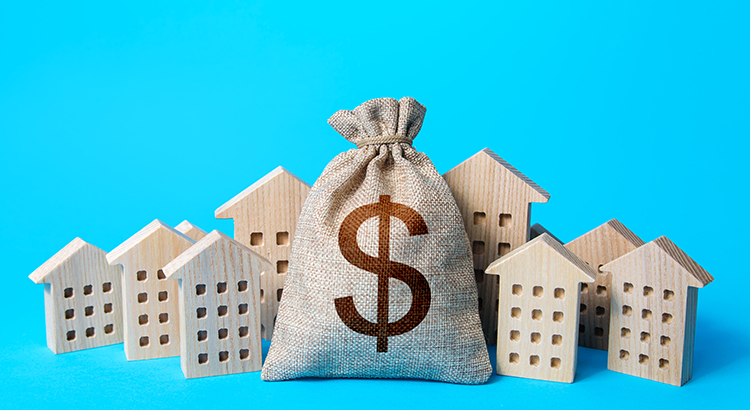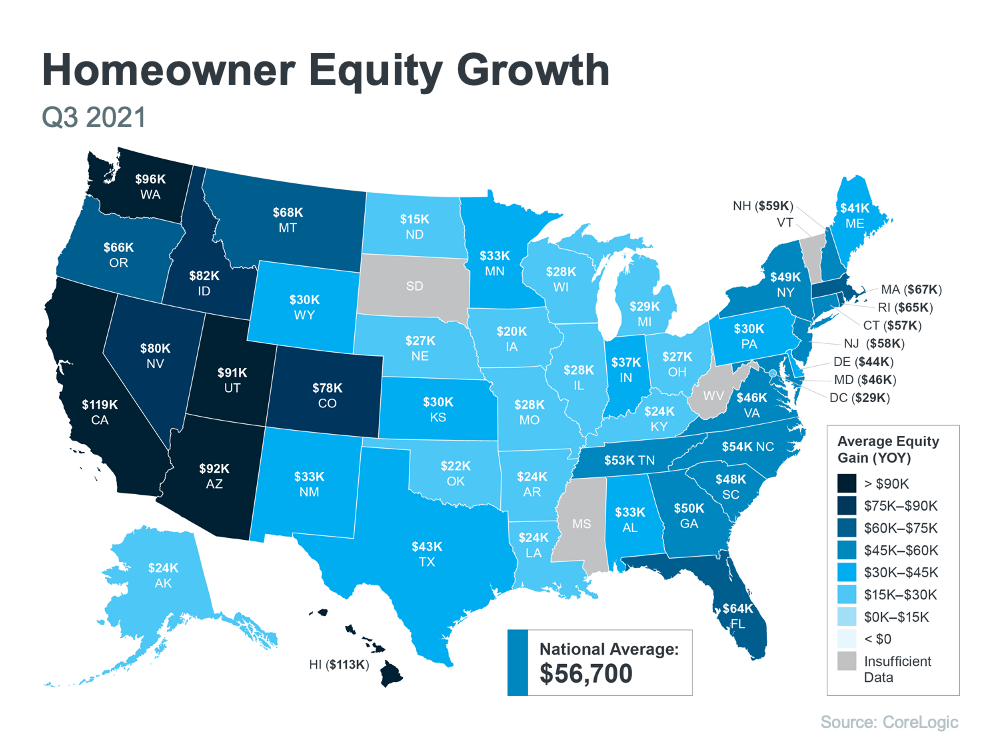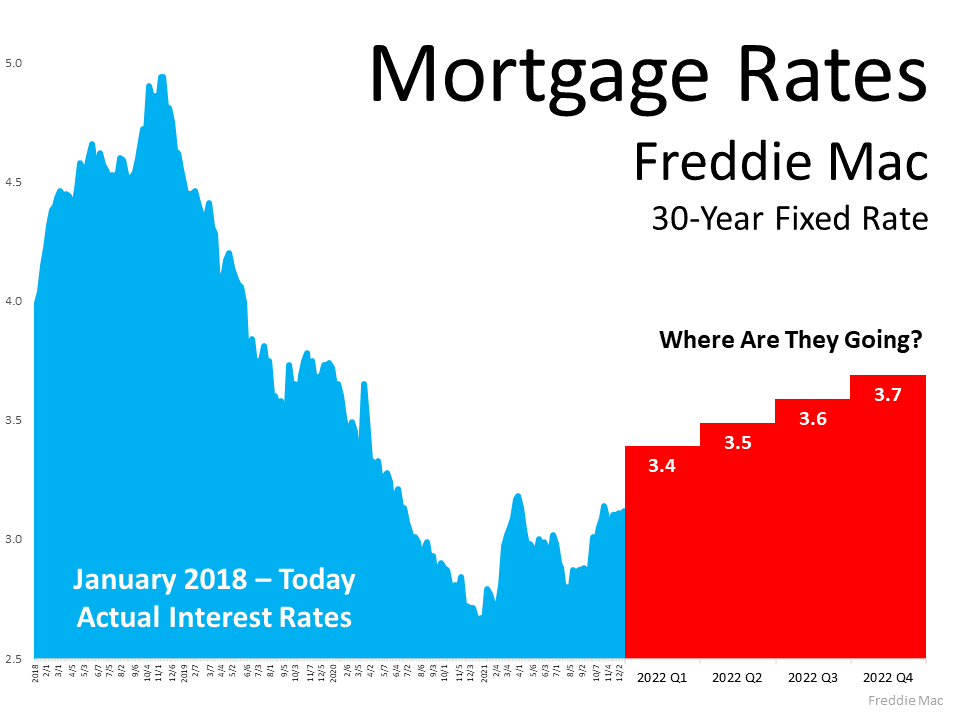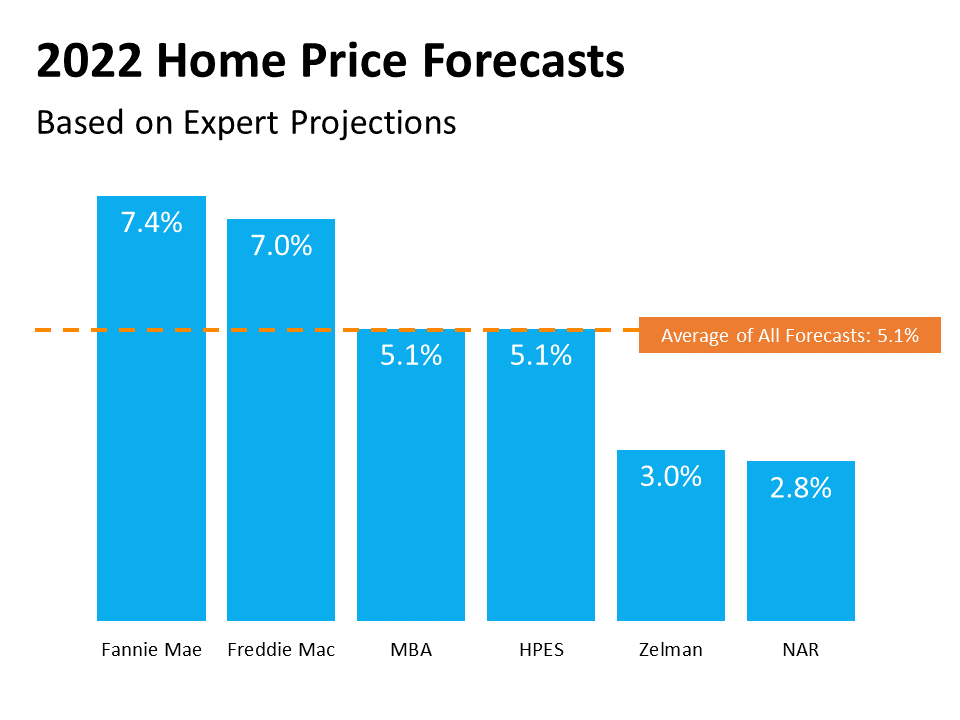When a House Becomes a Home

It’s clear that owning a home makes financial sense. But lately, the emotional side of what drives homeownership is becoming increasingly important.
No matter the living space, the feeling of a home means different things to different people. Whether it’s a familiar scent or a favorite chair, the feel-good connections to our own homes can be more important to us than the financial ones. Here are some of the reasons why.
1. Owning your home is an accomplishment worth celebrating
You’ve put in a lot of work to achieve the dream of homeownership, and whether it’s your first home or your fifth, congratulations are in order for this milestone. You’ve earned it.
2. There’s no place like home
Owning your own home offers not only safety and security but also a comfortable place where you can simply relax and unwind after a long day. Sometimes that’s just what we need to feel recharged and truly content.
3. You can find more space to meet your needs
Whether you want more room for your changing lifestyle (think: working from home, dedicated space for a hobby, or a personal gym) or you simply prefer to have a large backyard for entertaining, you can invest in a home that truly works for your evolving needs.
4. You have control over renovations, updates, and your style
Looking to try one of those decorative wall treatments you saw on Pinterest? Tired of paying an additional pet deposit for your apartment building? Maybe you want to create an entire in-home yoga studio. You can do all of these things in your own home.
Bottom Line
Whether you’re a first-time homebuyer or a repeat buyer who’s ready to start a new chapter in your life, now is a great time to reflect on the non-financial factors that turn a house into a happy home.





![2022 Housing Market Forecast [INFOGRAPHIC] | MyKCM](https://files.mykcm.com/2021/12/15133953/20211217-MEM-1046x2117.png)


